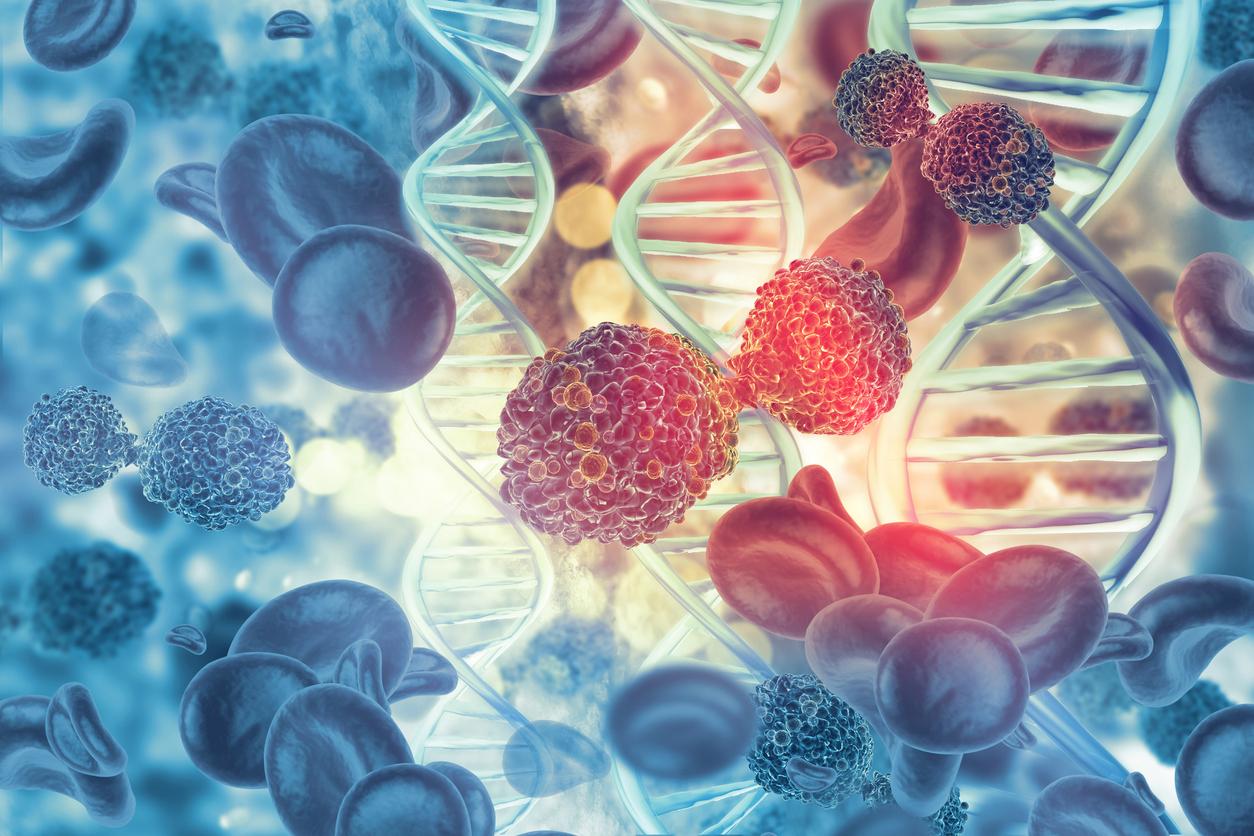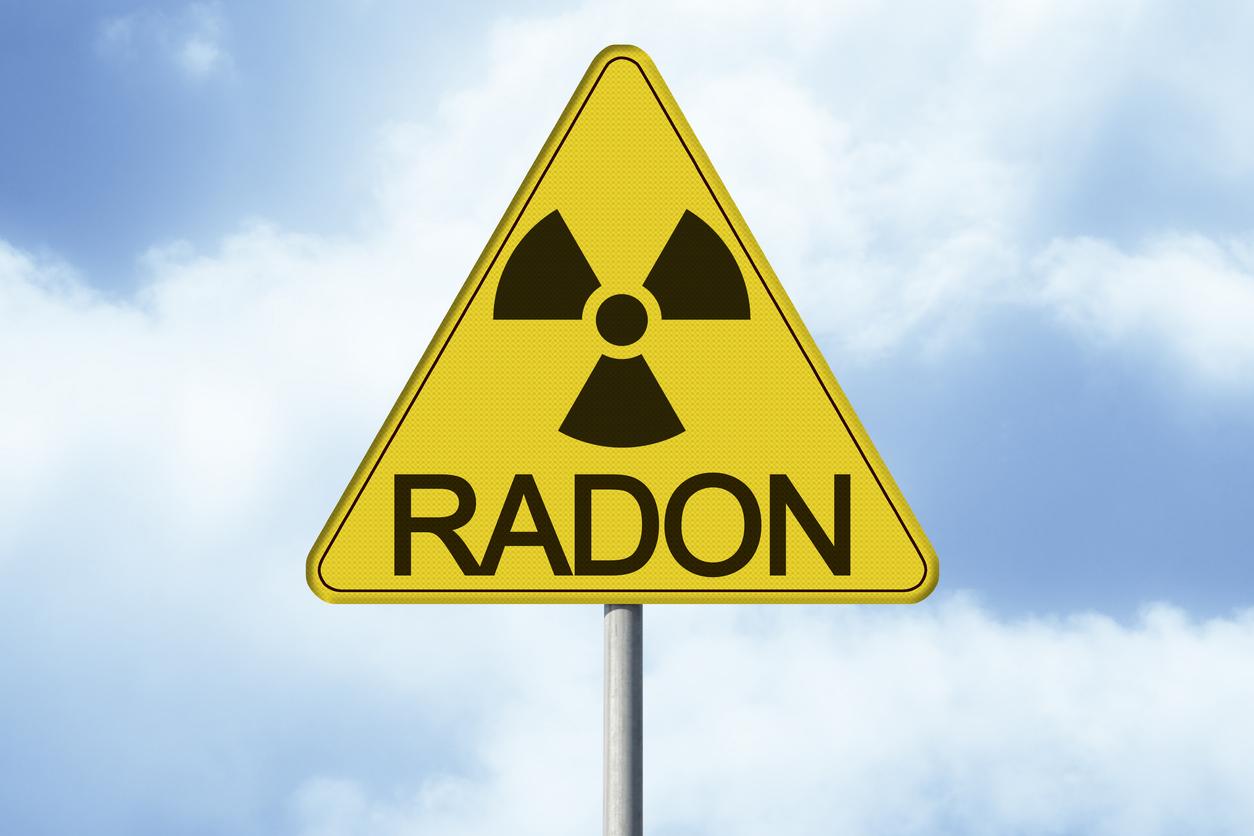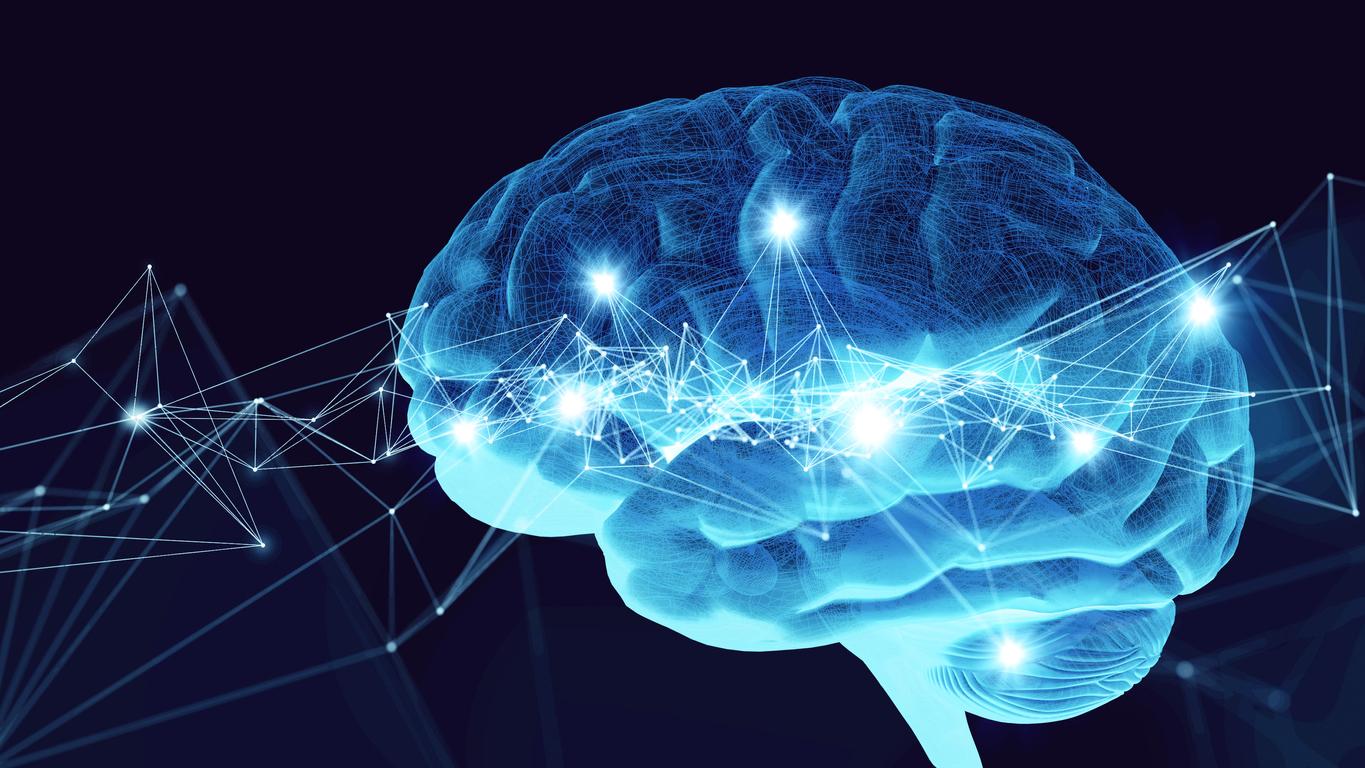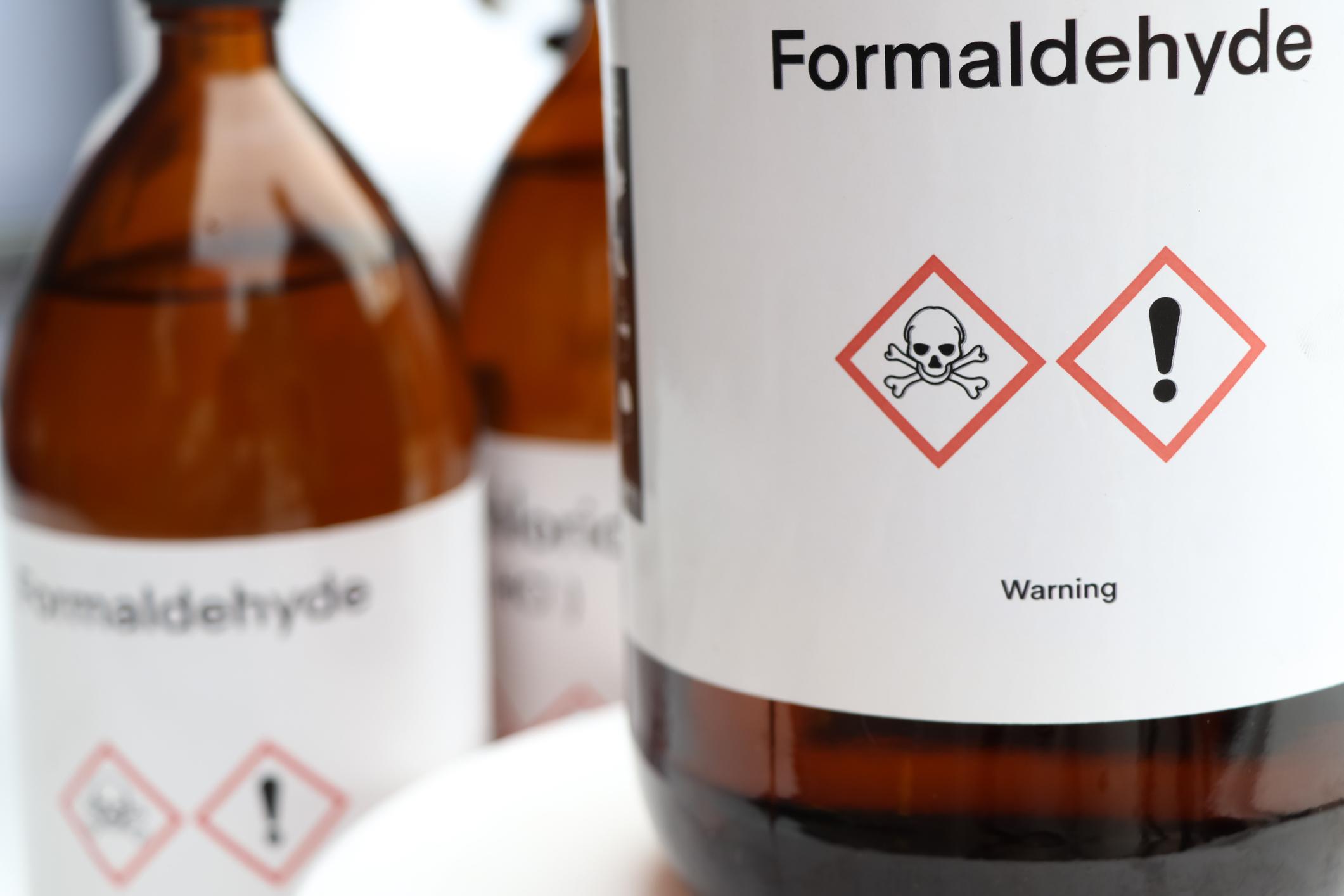10 minutes. This is the time it took for Watson, the supercomputer developed by IBM, to diagnose the rare form of leukemia from which a Japanese woman suffered.
For several weeks, doctors at the University of Tokyo, Japan, wondered about the cancer of this patient because she was not responding to treatment. So they entered all the genetic information of this 60-year-old woman into the supercomputer. In about ten minutes, the machine then sifted through the 20 million documents on cancer in its database and released its diagnosis: acute myelogenous leukemia.
This supercomputer was the first “artificial intelligence” registered at Columbia University School of Medicine (United States), in 2013. It then integrated millions of pages of medical information and research. Doctors participated in the program, interrogating the machine and correcting each error, in order to improve performance.
As she has just demonstrated with the Japanese patient, the machine has all the analytical capabilities to help doctors make the correct diagnosis and determine the best treatment, in just a few minutes.
“In the field of radiology, Watson’s analytical capabilities may make it possible to identify abnormalities imperceptible to the human eye on MRI scans” state Watson developers.
These researchers are currently working on a verbal recognition program that will allow doctors and nurses to speak to Watson directly.
Read also :
Cancer: breast operations performed by a robot
Microscopic robots to heal you from the inside


















